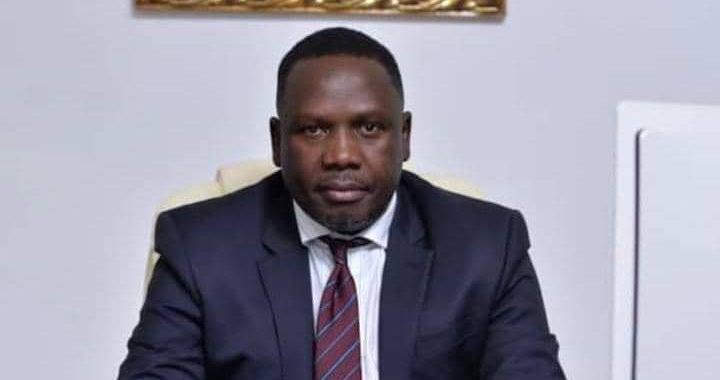By Peter Omopo
2nd September 2025
Daniel Bwala, Special Adviser to President Bola Tinubu on Policy Communication, has clarified his controversial remark describing Lagos State as a “no-man’s land,” a comment that sparked widespread outrage following his appearance on Arise Television’s Daybreak programme on Wednesday.
Reacting to the backlash on his official X handle, Bwala admitted that Lagos is historically and constitutionally the land of the Yoruba people, stressing that his earlier statement was misinterpreted.
“Don’t misinterpret what I said in my interview this morning. Culturally, historically, and constitutionally, Lagos belongs to the Yoruba people, and that has never been in contention,” he wrote. “The unique identity of Lagos as a Yoruba homeland is settled and beyond dispute.”
Bwala explained that his point was to highlight Lagos’s dual status as both Nigeria’s commercial capital and a cosmopolitan city that offers opportunities to people from across the country. He likened Lagos to global economic hubs such as New York, Paris, and London.
“What I emphasised was the special place Lagos occupies in Nigeria and indeed West Africa, a city that serves as the commercial nerve centre of our economy. Lagos provides every Nigerian, regardless of origin, a level playing field to thrive, while remaining firmly rooted in Yoruba heritage,” he stated.
According to him, his central argument was that any Nigerian president must deliberately invest in Lagos because of the enormous economic and social responsibilities it shoulders on behalf of the nation.
“Such support is not because Lagos is ‘no man’s land,’ but because it is the heartbeat of the nation’s development,” he clarified.
During his television appearance, Bwala had defended the N3.9 trillion worth of federal projects allocated to Lagos in two years, insisting that such investments were justified given the state’s role as Nigeria’s hub of commerce and economic growth.
“Lagos is the pride of the country. Whatever Lagos benefits, the country benefits,” he said, comparing the city’s role to London’s dominance in the United Kingdom.
Despite his clarification, Bwala’s earlier comment continues to stir debate over Lagos’s cosmopolitan character, historical identity, and its place in Nigeria’s political economy.

